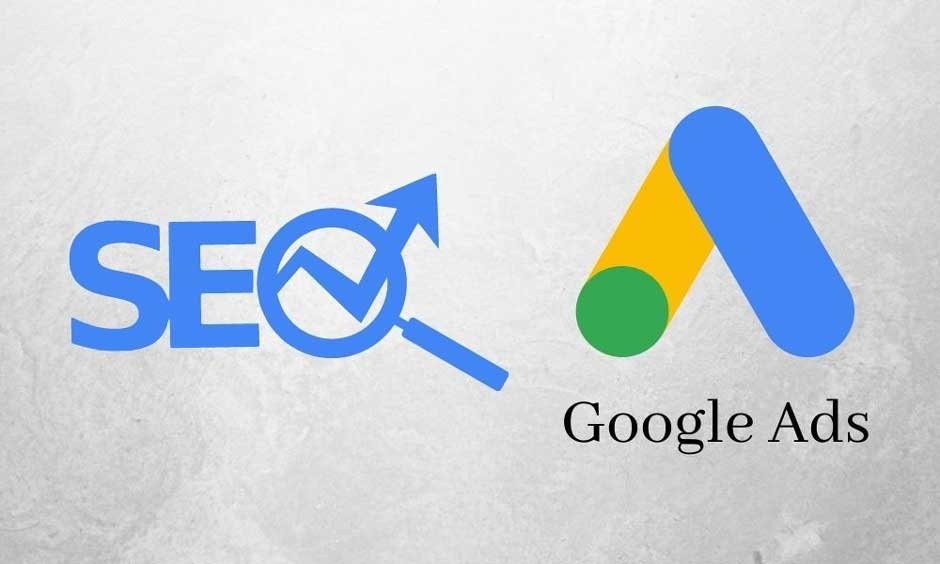Visibility will make or break the success of your online business. If you’re a new business owner, you’re likely wondering how to make your mark in the digital space. How can you go from page 20 to page 1 of Google quickly? Well, there are two key strategies that new and established businesses use to gain visibility online. We’re talking about SEO (Search Engine Optimisation) and paid advertising.
The next question you will have is which strategy should you use when you have a new online business. Well, let’s delve into the pros and cons of each to help you decide which is the right path for your new venture.
Understanding SEO
Let’s start by getting to know SEO. This should include what it is and why it has its advantages.
What is SEO?
SEO, or Search Engine Optimization, is the art and science of making your website more appealing to search engines like Google, Bing, and Yahoo. It’s all about improving your website’s visibility in organic (non-paid) search results. When you make changes to your website and do things that search engines like, they’ll rank you higher in search engines. Consequently, customers can find you easily. Note that you can work with SEO agencies like ClickSlice if you want help with optimisation. This is often the solution for business owners that don’t have a lot of knowledge of SEO.
Benefits of SEO for New Businesses
Why should new businesses invest in SEO? Well, let’s take a look at some of the key benefits:
Long-Term Investment: SEO is like planting a tree; it takes time to grow, but once it does, it provides shade for years to come. So, when you’re working on SEO, you’ll remain high in search rankings for a long time.
Cost-Effectiveness: Compared to paid advertising, SEO is relatively budget-friendly, making it a solid choice for start-ups. There are professional services you can use, which many businesses say pay for themselves since sales go up.
Building Trust and Credibility: High organic search rankings can boost your brand’s credibility in the eyes of potential customers. They see you as more trustworthy and established, even if you are new on the scene. Consequently, they’re more likely to purchase from you.
Understanding Paid Advertising
Next, you have paid advertising. This is another strategy you can explore and many online brands and companies use that. Let’s get started.
What is Paid Advertising?
Paid advertising, also known as pay-per-click (PPC) advertising, involves placing ads online and paying each time someone clicks on them. It’s a more immediate way to get your business in front of potential customers. For example, paid advertising means you’ll show up first on Google.
Benefits of Paid Advertising for New Businesses
Here’s why paid advertising might be tempting for new businesses:
Quick Results: If you want to see immediate results and potentially generate sales right away, paid advertising can deliver. You can appear at the top of Google without putting in the hard work.
Targeted Advertising: With paid ads, you can precisely target specific demographics, ensuring your message reaches the right audience.
Scalability: You can easily adjust your ad budget up or down based on your needs, making it flexible for start-ups.
The Key Differences
At this point, you know why people use SEO or paid advertising. Both can be beneficial, depending on your goals and budget. But, there are some differences between the two you should be aware of.
Cost Comparison
Before you jump into either strategy, consider the costs:
SEO: It’s cost-effective in the long run but requires ongoing effort.
Paid Advertising: Immediate results come at a higher price, with ongoing expenses.
Timeframe for Results
SEO: Be patient; seeing significant results can take several months. It also requires a lot of experience to know what works.
Paid Advertising: Results can be almost instant but depend on your ad budget. Some campaigns can work out expensive, which might not be good for your new business.
Sustainability and ROI
SEO: Over time, it can yield high ROI, but it’s a long-term investment.
Paid Advertising: ROI can be seen more quickly, but costs can add up.
Factors Influencing Your Choice
All businesses are different. Some might prefer to work on SEO while others want to jump in with paid advertising. There are going to be factors that will influence your choice. Here are some things you should think about.
Business Goals
Consider your specific business goals when deciding:
SEO: Great for long-term growth and brand building.
Paid Advertising: Ideal for short-term sales and promotions.
Budget Constraints
Assess your budget carefully. SEO is generally more budget-friendly, while paid advertising requires ongoing funds.
Competitive Landscape
Research your industry’s competitiveness. SEO can be a game-changer in less competitive niches. Know that paid advertising can be expensive where there is competition.
Audience and Targeting
Know your audience and their online habits. This knowledge will guide your choice. Generally, people know that paid advertising exists and they might be reluctant to choose your business for this reason.
Conclusion
In the great debate of SEO vs. paid advertising, there’s no one-size-fits-all answer. The right choice depends on your unique circumstances, goals, and budget. Remember, these strategies are not mutually exclusive, and often the best approach combines both. Be sure to consult with experts and tailor your approach to your business’s needs.

